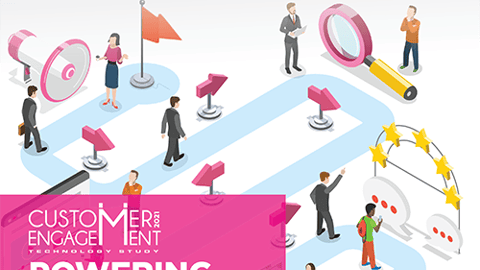I Almost Fought a Kiosk
It all started when the self-check-out at Target told me to remove my item from the basket. Oh. No. She. Didn’t. My rage flared to a six on the Jersey Girl meter as I had not, in fact, moved an item to my basket. I will hazard a guess that everyone has experienced some level of fury when a tool meant to provide convenience exhibits an utter dereliction of its digital duty.
If one thing struck me over the weeks leading to the publication of the 2019 POS Software Report and the 2019 Lodging Technology Study, it would be that convenience will rule the world. Will the call for convenience usher in an era of aggressive autonomy? We have entered an age where scores of consumers prefer an automated experience and will even seek that out. Research has suggested that the majority (60%) of guests prefer self-service options. Providing guests with technology-powered service options, not tethered to a human, creates a different sort of brand-guest relationship. The interactions can still be meaningful and sometimes elicit better responses than a human.
To see the power of automated experiences that offer the duality of being “human-enough” without the trappings of a human being, consider the Woebot. A text-chatbot therapist, Woebot has “patients” who believe it is easier to talk to a bot than a human (they don’t feel judged). These same patients have also been impressed and touched by the software’s attentiveness (it felt like a real person).
Consumers want automated machines to be “like” us. Amazon has even created a “politeness mode” for Echo devices that will remind users to say please. The McKinsey Group Institute says “automation will increase the demand for higher-level cognitive abilities.” This includes logical reasoning, stronger communication skills, and enhanced social and emotional skills — and of course the ability to realize when a customer has NOT moved an item to the basket.


